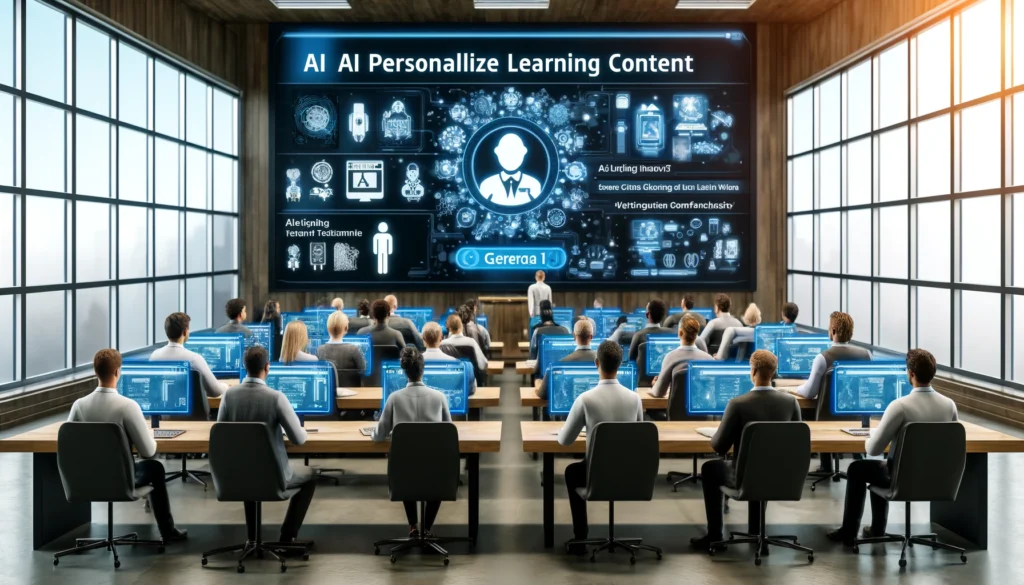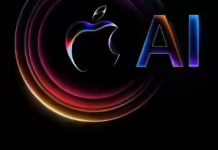Exploring the roles of Artificial Intelligence (AI) across sectors reveals its profound influence on the workforce. The “AI Employment Impact” significantly transforms tools and job roles. This integration presents both opportunities and challenges, reshaping employment trends and job markets dramatically. This article investigates the deep effects of AI on employment, assessing job creation potential and displacement risks. It also considers what these shifts mean for the future workforce.
AI’s Impact on Job Automation

Artificial Intelligence (AI) is revolutionizing job markets across sectors—from healthcare to the arts—reshaping not only our tools but also how we work. This article examines AI’s dual role in job displacement and creation, highlighting its profound effects on future employment trends.
Opportunities and Job Transformation
Despite potential job losses, AI is also a catalyst for new job opportunities and role transformations. The surge in demand for AI experts and data scientists reflects companies’ needs to harness AI. Additionally, AI fosters new roles in cybersecurity, maintenance, and management, emphasizing human interaction with AI systems.
AI not only creates jobs but also enriches existing ones. It automates mundane tasks, enabling professionals like financial analysts to focus on strategic decision-making, enhancing their roles with deeper analytical insights provided by AI.
The Skills Gap and Reskilling

The evolution of job roles underscores the urgent need for reskilling. As AI reshapes required skills, comprehensive training and education programs become crucial. These programs should cover AI and data skills and essential soft skills like critical thinking and communication, vital in an AI-driven work environment.
Ethical and Social Considerations
The deployment of AI in the workforce also raises significant ethical issues, including the risk of widened economic inequality. Automation threatens lower-income, less skilled jobs most, necessitating concerted efforts from governments, educators, and industry leaders to ensure equitable AI integration into the job market.
Conclusion
The future of work shaped by AI is fraught with both challenges and prospects. As AI becomes more pervasive across industries, its influence on jobs will deepen. To navigate this future, proactive strategies are essential, involving education reform, policy innovation, and corporate accountability. By harmonizing AI’s technical advantages with a focus on human capital, we can aim for a balanced, productive future in the workplace. This ongoing adjustment to AI’s growing role in employment continues to be a key focus of our series on AI’s impact across society.
For more insights into how AI is reshaping various aspects of our lives and to continue this discussion, stay tuned to our series on the broader implications of AI, and Opinions and Analyses.



